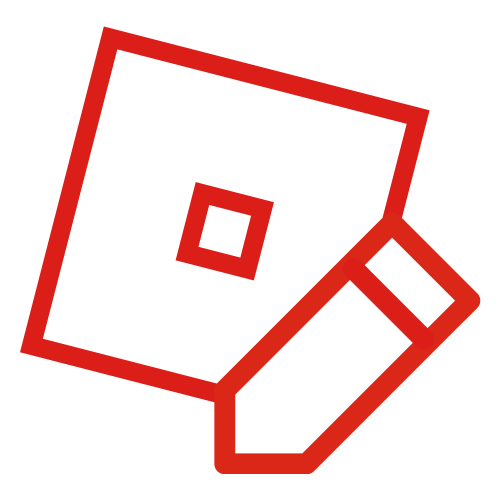A developer product (also referred to as micro-transaction) is an item that may be bought with Robux more than once. Developer products are associated to places, and they are meant to be bought from inside games. There is no mechanism allowing a developer to know how many times a developer product was bought, as it is the responsibility of a game developer using developer products to count this using the data store or data persistence. They are most often used for business models where users can purchase virtual goods using Robux multiple times. Developer products are mainly used in free-to-play games to provide a revenue source for the developers, often in conjunction with gamepasses.
Items and features available by developer products can range from cosmetic (such as decorative character attire) to functional (such as weapons and items). Some games allow players to purchase items that can be acquired through normal means, while others include items that can only be obtained exclusively through developer products. Developers often ensure that only cosmetic items are available this way to keep gameplay fair and balanced.
A good example of how to use developer products is listed here.
History[]
Developer products were first announced in a blog post about Roblox's Halloween game for 2013, which used consumables to sell in-game advantages in exchange for Robux. They were released later for certain developers in the same year, and released for everyone on February 28, 2014
Criticism[]
Pay-to-win (P2W)[]
Free-to-play games that include a developer product model are sometimes referred to as "freemium". Another term, "pay-to-win," is sometimes used derogatorily to refer to games where buying items in-game can give a player a huge performance advantage over other players, especially if they aren't obtainable via normal gameplay. Many tycoons use the pay-to-win model for extra in-game cash or special droppers or objects not available to the non-paying player. The objective with a free-to-play developer product model is to involve more players in the game by providing desirable items or features that players can purchase if they lack the skill or available time to earn these through gameplay. Also, presumably the game developer's marketing strategy is that in the long term, the profits from a developer product system will outweigh the profits from a one-time-purchase game.
Loot boxes[]
Originating as a monetization practice from many PC, mobile, and console games, loot boxes are an increasingly growing form of developer products. Through purchasing a loot box, the player acquires a seemingly random assortment of items. The concept behind loot boxes is that they drop more items for a given price, but the items dropped are usually based on complete random chance, with the probability of obtaining higher value items becoming increasingly lower. The player can become unlucky with their pull and receive the items they may not want, and may end up receiving the same items in subsequent pulls. Instead of a one-time purchase to get the desired specific item directly or even a "loot box" guaranteeing its drop, users may have to buy multiple boxes to try to get it. In the context of young players playing games containing said content, this method has also been called a form of underage gambling.


